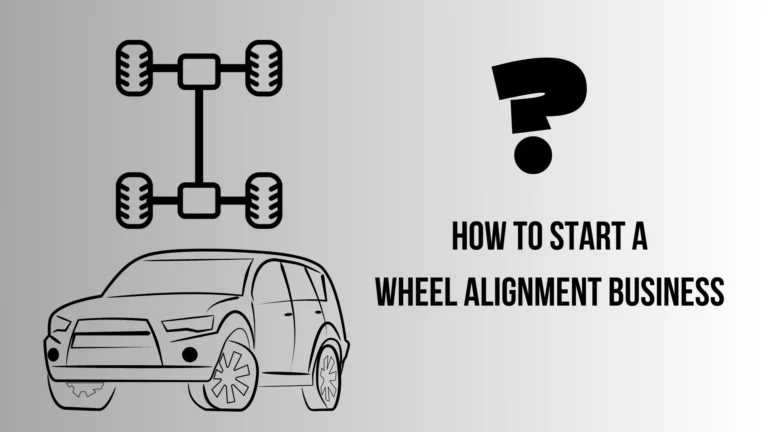15 Best Business Ideas for Downtown Area
Downtown areas, with their bustling streets, historic charm, and vibrant local communities, provide fertile ground…

Downtown areas, with their bustling streets, historic charm, and vibrant local communities, provide fertile ground…

Looking for how to start a wheel alignment business? Then you came to the right…

There are several areas, such as information and communication, which have been gaining ground and…

Looking for creative and innovative promotional ideas that increase your sales and boost your business…

Do you want to start a samosa-making business and wondering how can you start a…

Strategic management is defined as the ongoing planning, monitoring, analysis, and evaluation of an organization’s…

If you have a private company or are thinking about starting a business, this article…

Looking for commission-based business ideas? Then you discovered the right article. Here we will talk…

Are you fascinated by the microscopic world of bacteria, viruses, and fungi? Do you dream…

If you want to start something unique then these roadside business ideas in India will…